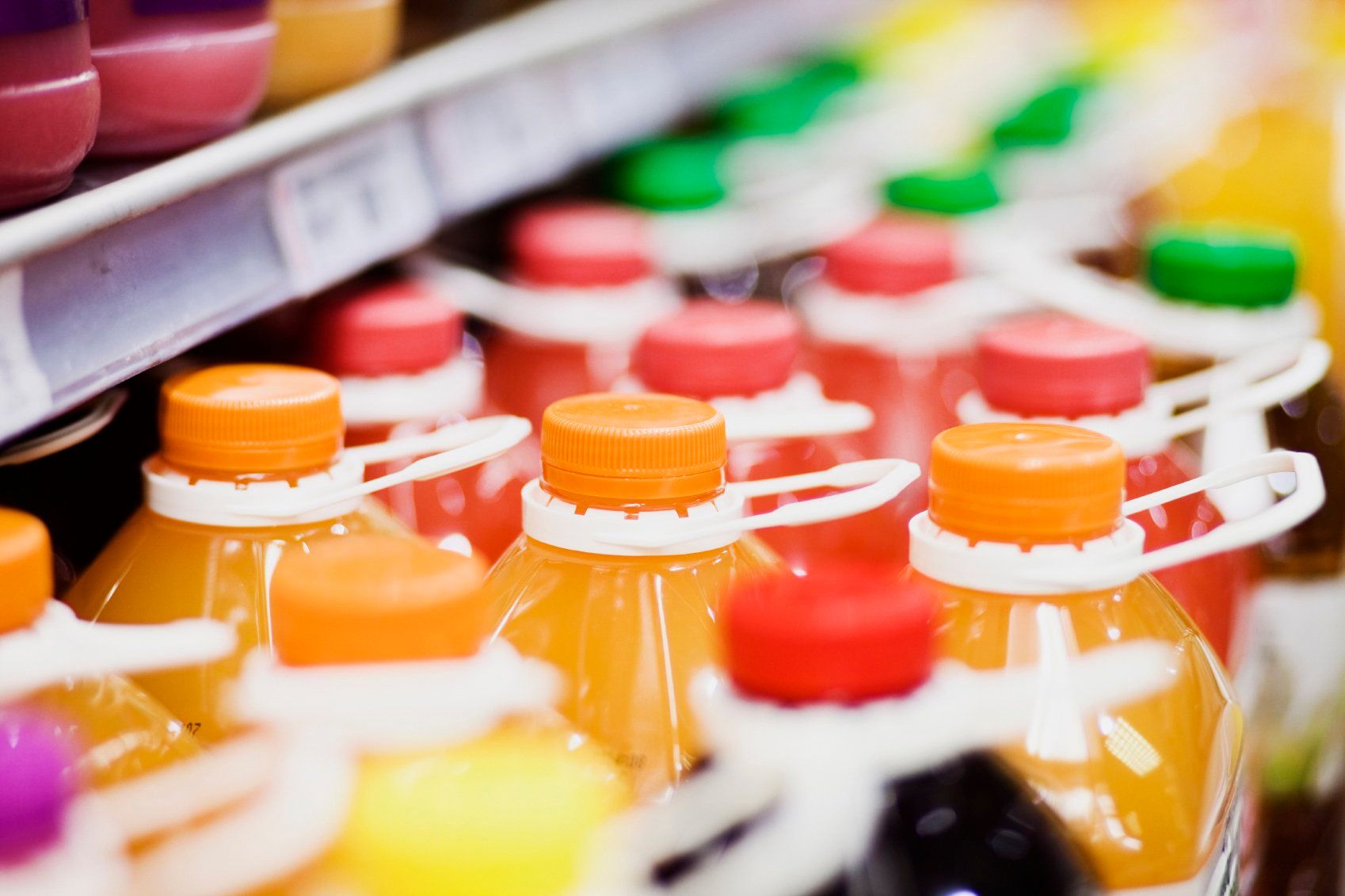A New Scoring Index Shows How Your Drink Choices Impact Your Health
Virginia Tech researchers hope doctors and dieticians can use this new tool to counsel their patients on beverage intake.
Photo © iStockphoto.com/RapidEye

Virginia Tech researchers have unveiled a new tool called the Healthy Beverage Index (HBI) to assess the overall quality of the beverages consumers drink. The HBI can also indicate how the types of beverages a person drinks can affect their heart and blood sugar health, the researchers say.
The HBI is a concept similar to the Healthy Eating Index created by the USDA in 1995 to measure, based on federal guidance, the nutritional quality of a person’s dietary intake.
With the HBI, researchers are now specifically honing in on beverage intake, and for good reason. Americans, it is often reported, drink too many beverages high in sugar, with a higher likelihood of developing type 2 diabetes and cardiometabolic risk. In its latest report, the 2015 Dietary Guidelines Advisory Committee (DGAC) states that young adults aged 20–29 years are among the greatest consumers of sugar-sweetened beverages and that “health promotion efforts and policies are needed to reduce sugar-sweetened beverages in settings, such as postsecondary institutions and worksites.”
According to the Virginia Tech researchers, higher HBI scores-indicating a healthier overall beverage intake-correlated with better lipid profiles, decreased risk of hypertension, and better C-reactive protein levels in men specifically. They based this evaluation on data from more than 16,000 adults who took part in the 2005–2010 National Health and Nutrition Examination Survey. An example of how it works: Drink a soda or a vanilla latte? That will take your HBI score down 15 points.
The impact of better drink habits can be drastic. For instance, the researchers found that in men of normal weight, a 10-point-higher (better) HBI score correlated with a 36%-lower chance of having a high waist circumference and a 7%-lower chance of having high CRP levels. The researchers also considered blood sugar health factors such as fasting insulin and glucose. In women, regardless of weight status, a 10-point-higher HBI score was linked to a 4%-lower likelihood of having high fasting insulin levels, a 3%-lower chance of high LDL cholesterol, and 3%-lower odds of high blood pressure.
“A Healthy Beverage Index (HBI), similar to the Healthy Eating Index, could be used to evaluate overall beverage intake quality and to determine if improvements in beverage intake patterns are associated with improvements in health,” said Kiyah J. Duffey, PhD, of the university’s Department of Human Nutrition, Foods and Exercise, in a press release. Until now, they say, there were no tools to measure overall beverage intake quality.
Duffey also added that "A great deal of attention has been directed at sugar-sweetened beverage (SSB) intake, and a broader focus beyond just SSBs is needed."
The HBI takes into account factors like total calories, total fluid requirements, and recommended subgroup limits for fat, fruit juice, and alcohol.
The researchers’ findings are published in the Journal of the Academy of Nutrition and Dietetics. The researchers say they hope that doctors and dieticians can use this tool to provide help guide their patients on healthier diets overall.
Jennifer Grebow
Editor-in-Chief
Nutritional Outlook magazine
jennifer.grebow@ubm.com








